Gaza: 'Unprecedented and unparalleled' civilian death toll: Guterres
- Details
- Category: World Hot News
- Published: Monday, 20 November 2023 10:56
- Written by Gentry
 UN News Displaced people sheltering in one of UNRWA schools in Nuseirat refugee camp in Central Gaza.
UN News Displaced people sheltering in one of UNRWA schools in Nuseirat refugee camp in Central Gaza.
The UN chief said on Monday that in the current conflict between Israeli forces and Palestinian militants in Gaza, the world is witnessing an "unparalleled and unprecendented" level of civilian death, compared to any other conflict since he became Secretary-General in 2017.
In reply to a question at a press conference dealing with the latest emissions report, Secretary-General António Guterres said that in all the reports issued during his tenure, on children in conflict, it was clear that the current war in Gaza has seen thousands of child deaths - compared with hundreds, in conflicts in Yemen and Syria.
Without entering into discussing the accuracy of the figures released by the health ministry in Gaza, which are regarded by UN agencies as reliable, he said that “what is clear is that we have had in a few weeks thousands of children killed.”
Latest reports from health authorities indicate that more than 13,000 civilians in total have died in the enclave since the 7 October terror attacks by Hamas, and subsequent Israeli offensive.
“This is what matters. We are witnessing a killing of civilians that is unparalleled and unprecedented in any conflict since I have been Secretary-General.”
Opportunity out of tragedy
Also addressing how the region can move forward once the fighting stops, the UN chief said that it was "important to be able to transform this tragedy into an opportunity."
"For that to be possible, it is essential that after the war we move in a determined, irreversible way to a two-State solution", he told correspondents.
"It means also that after the war - and this is my opinion - I believe it to be important after the war to have a strengthened Palestinian authority to assume responsibilities in Gaza."
'Unliveable'
Meanwhile, in Gaza a tweet by the UN agency for Palestinian refugees, UNWRA on Monday, described the situation in shelters as “unliveable”. It said that Gazans had “no options”, echoing repeated warnings from UN humanitarians nowhere is safe for civilians in Gaza.
Since Hamas’s terror attacks on Israel on 7 October that claimed around 1,200 lives with nearly 240 hostages captured, hundreds of thousands of Gazans have fled south, following an evacuation directive from the Israeli military.
Astonishing exodus
Satellite images of the exodus showed a mass of people moving across a landscape of shattered buildings, while photographs taken at ground level showed families carrying their belonging on foot and a woman dragging two babies in car seats behind her.
In an update on Sunday, Tom White, Director of UNRWA Affairs, told US network ABC that 13 UNRWA sites where people had been “sheltering under the UN flag” had been “directly hit” since 7 October, while “countless other shelters” had suffered “collateral damage” - many of them in the south of Gaza, where civilians had been told to flee.
Dozens killed in shelters
Mr. White said that 73 people had been killed in UNRWA shelters to date, “a large proportion of them in the south”.
“The reality is the Gazans have got nowhere to go for safety and they are all exposed to the threat of fighting and particularly airstrikes,” the UNRWA official said.
According to the UN agency, more than 880,000 internally displaced have sought shelter in 154 UNRWA installations across all five of Gaza’s governorates. Out of Gaza’s 2.3 million people, 1.7 million are now displaced.
To date, 104 UNRWA staff have been killed along with at least 11,000 people in Gaza according to health authorities.
“Houses have been hit all across the Gaza Strip,” said UNWRA’s Mr. White, who said that people’s main concern was, “If they’re in the north or in the south, are they safe?”








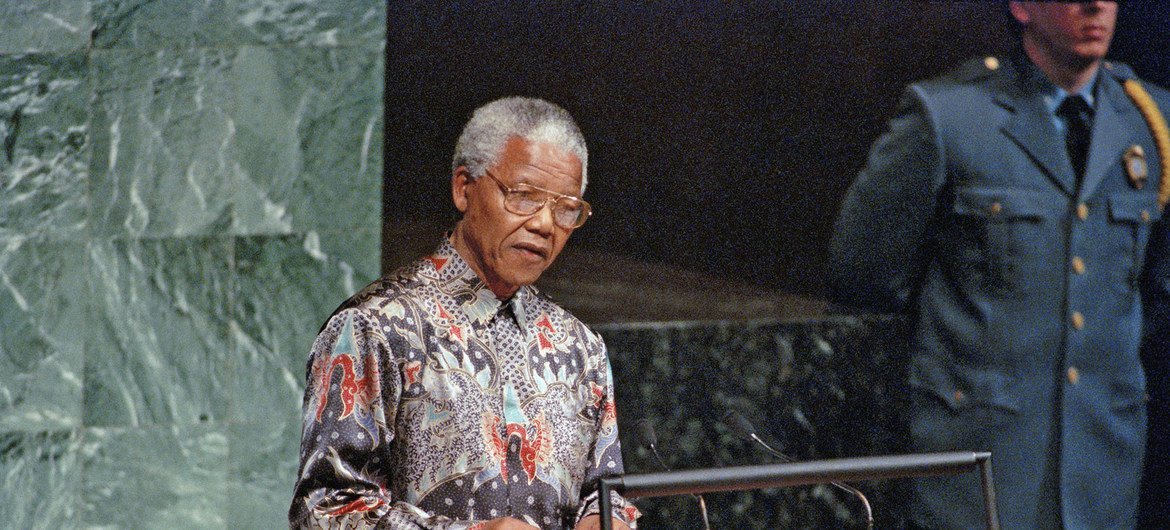
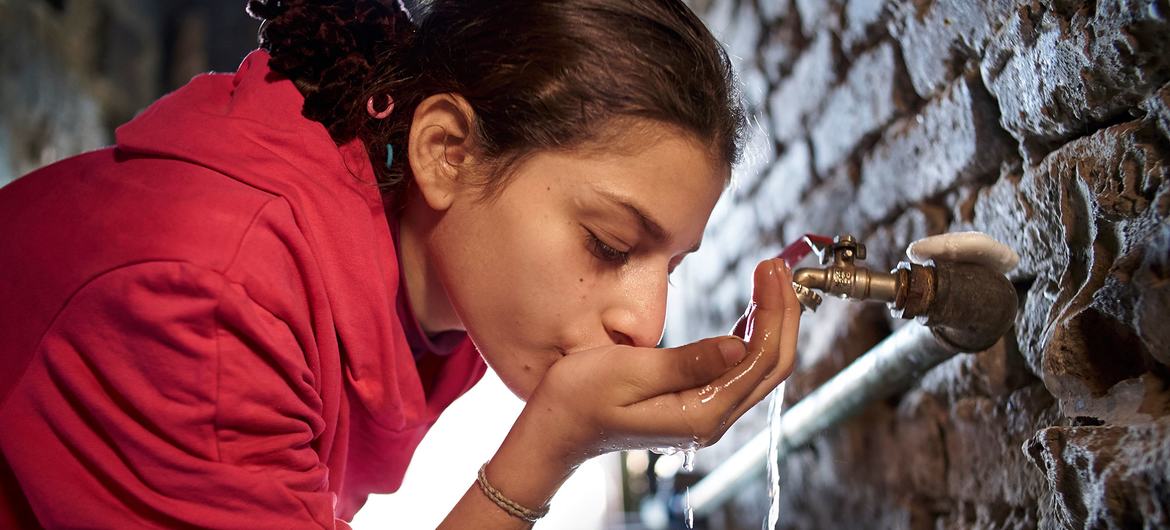
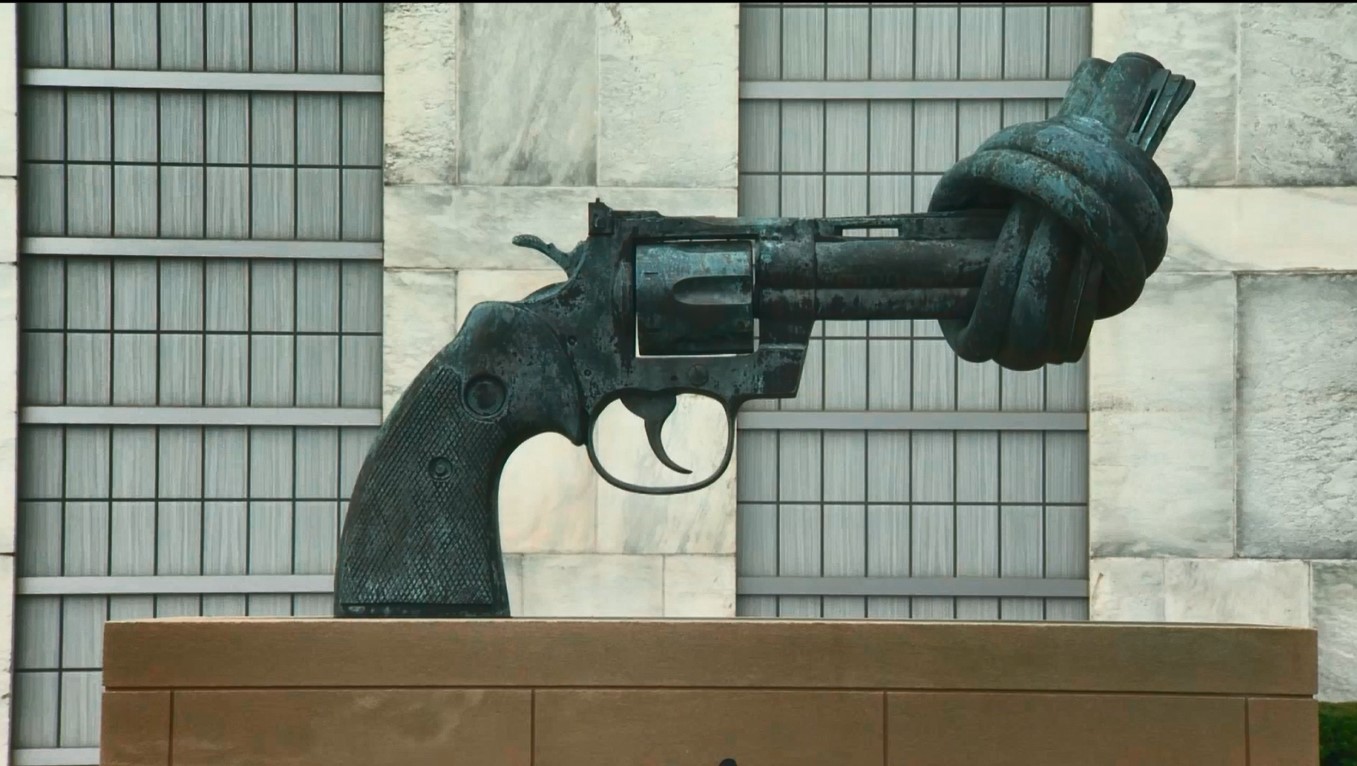
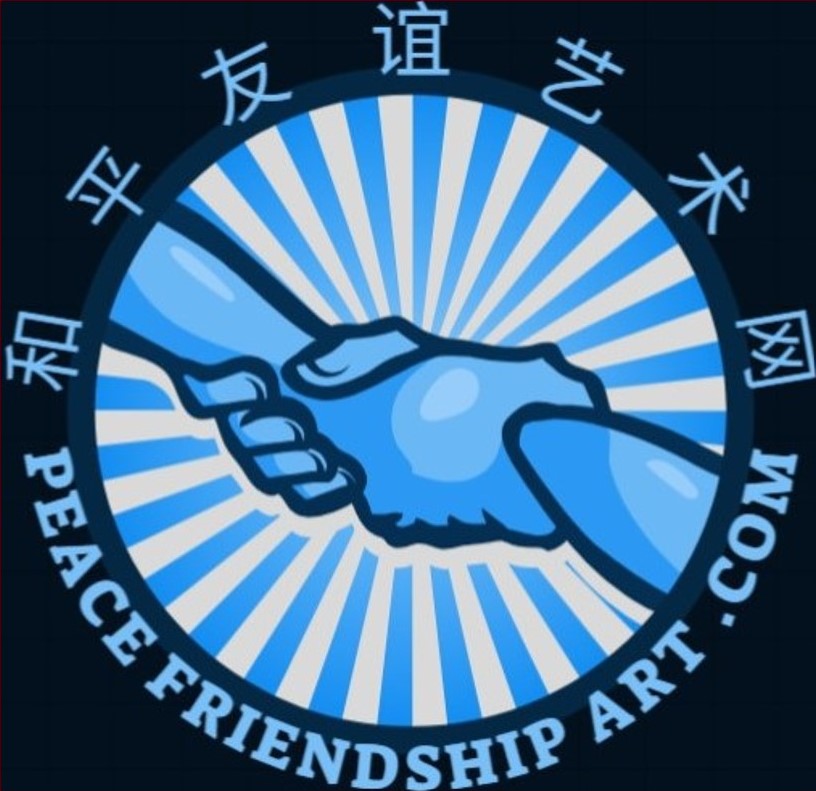

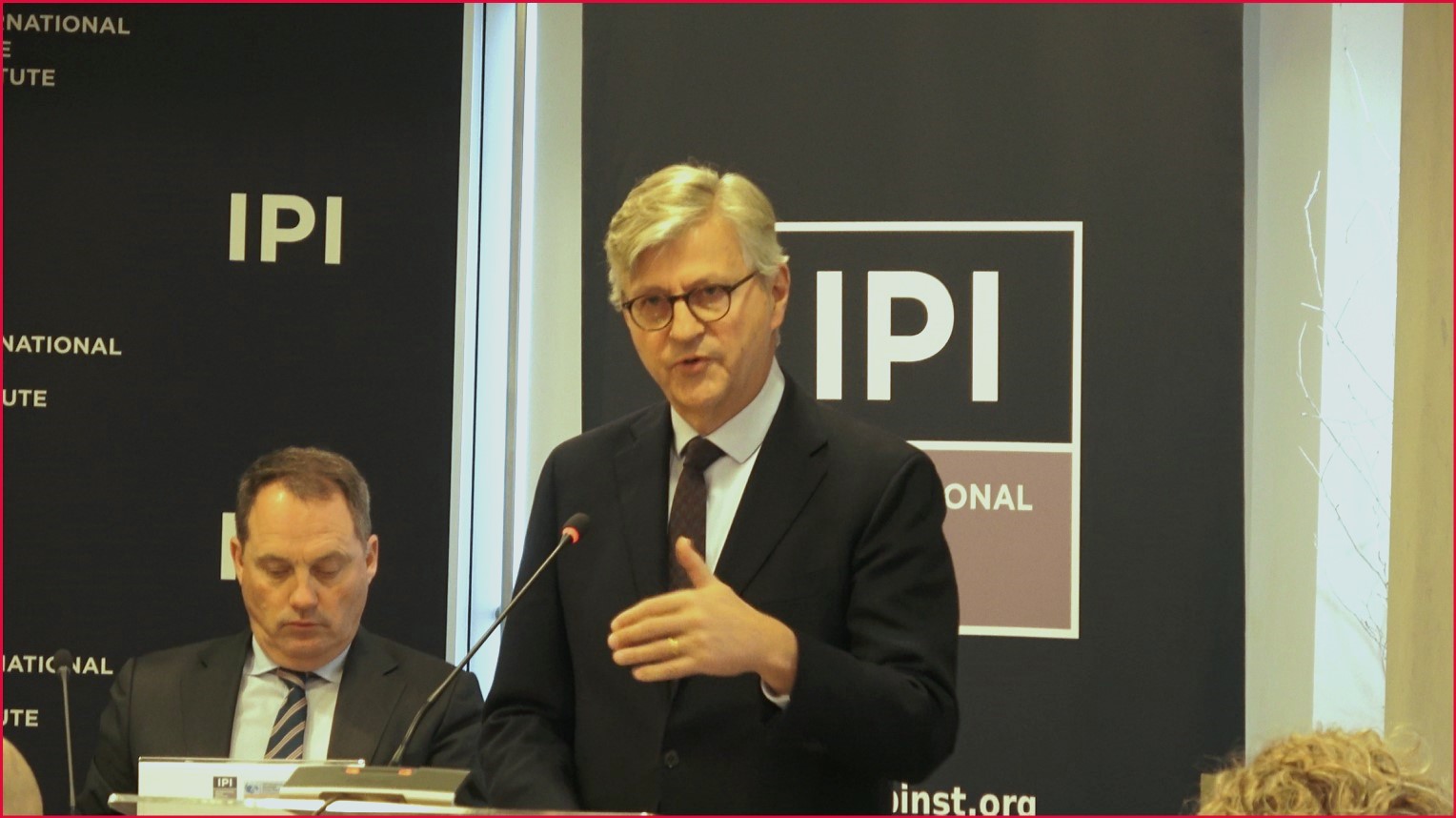
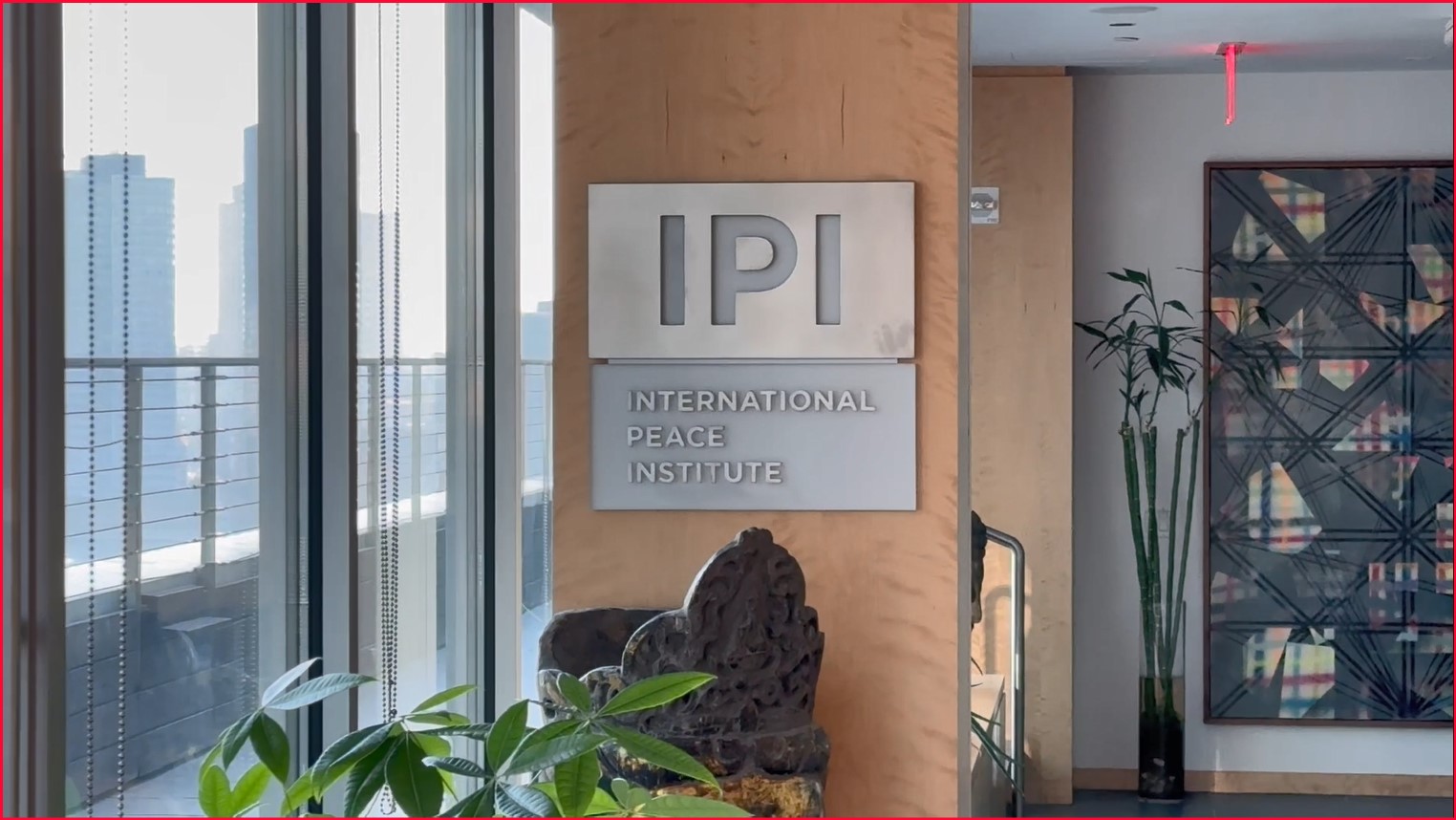
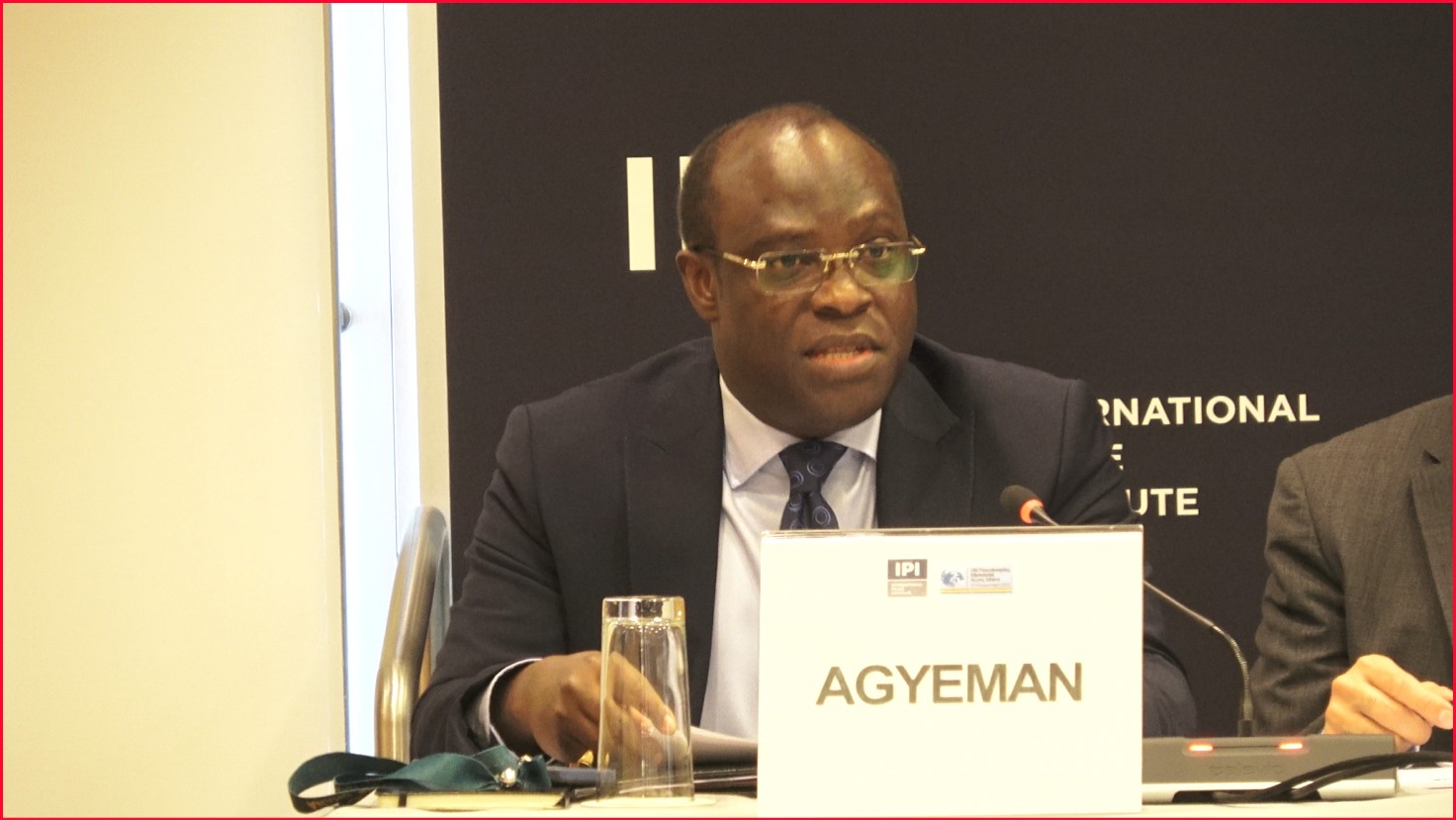
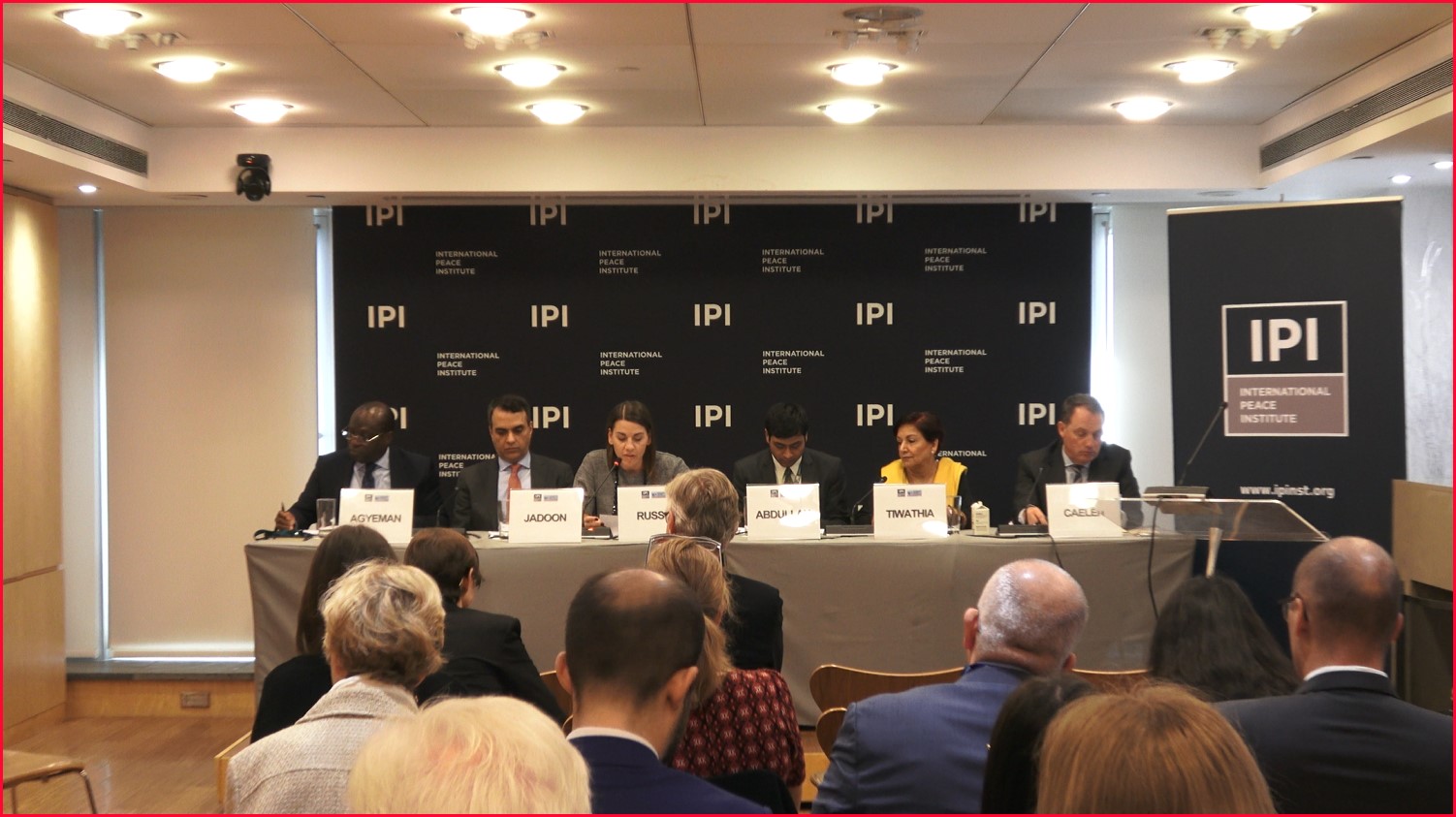
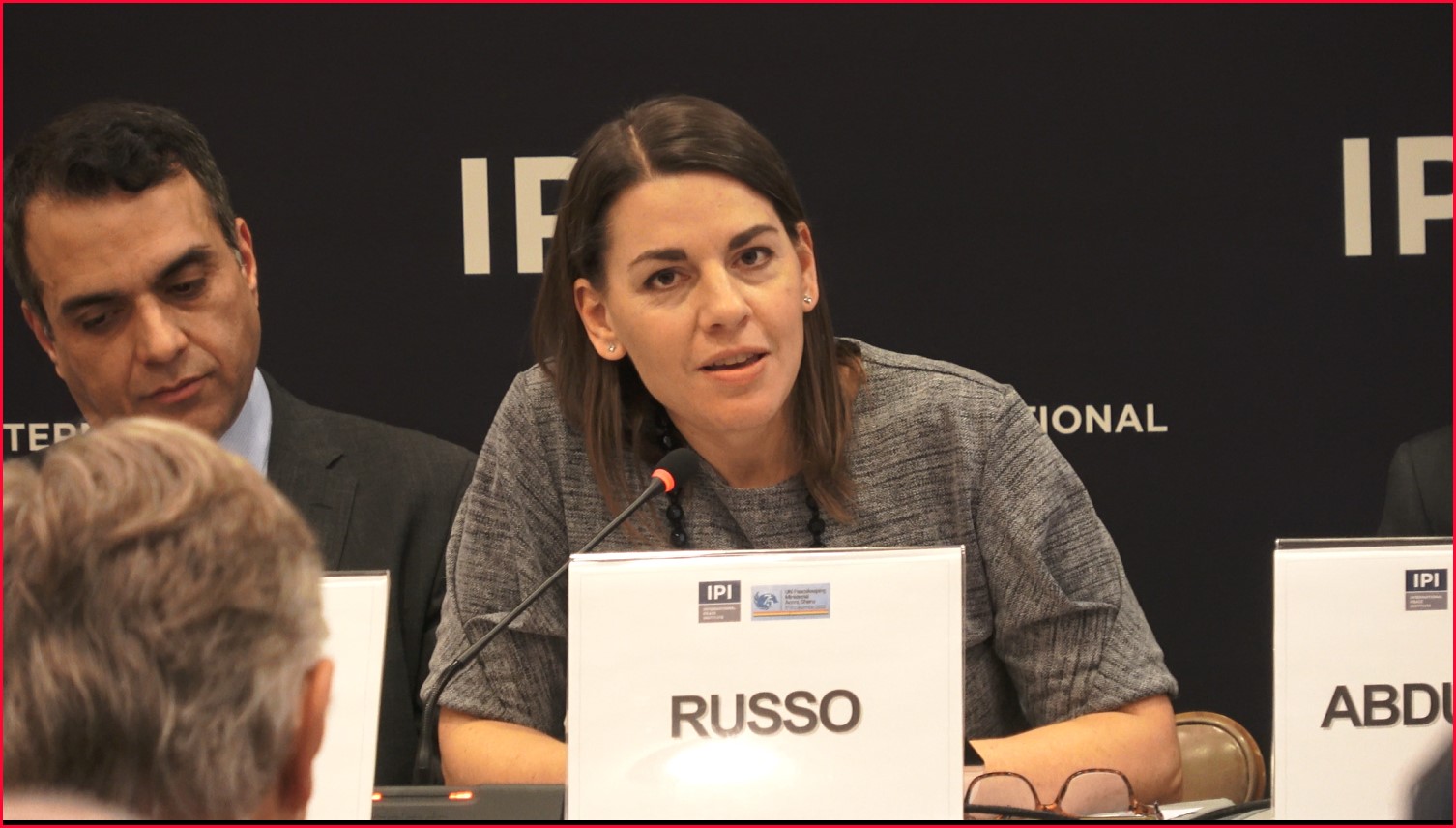
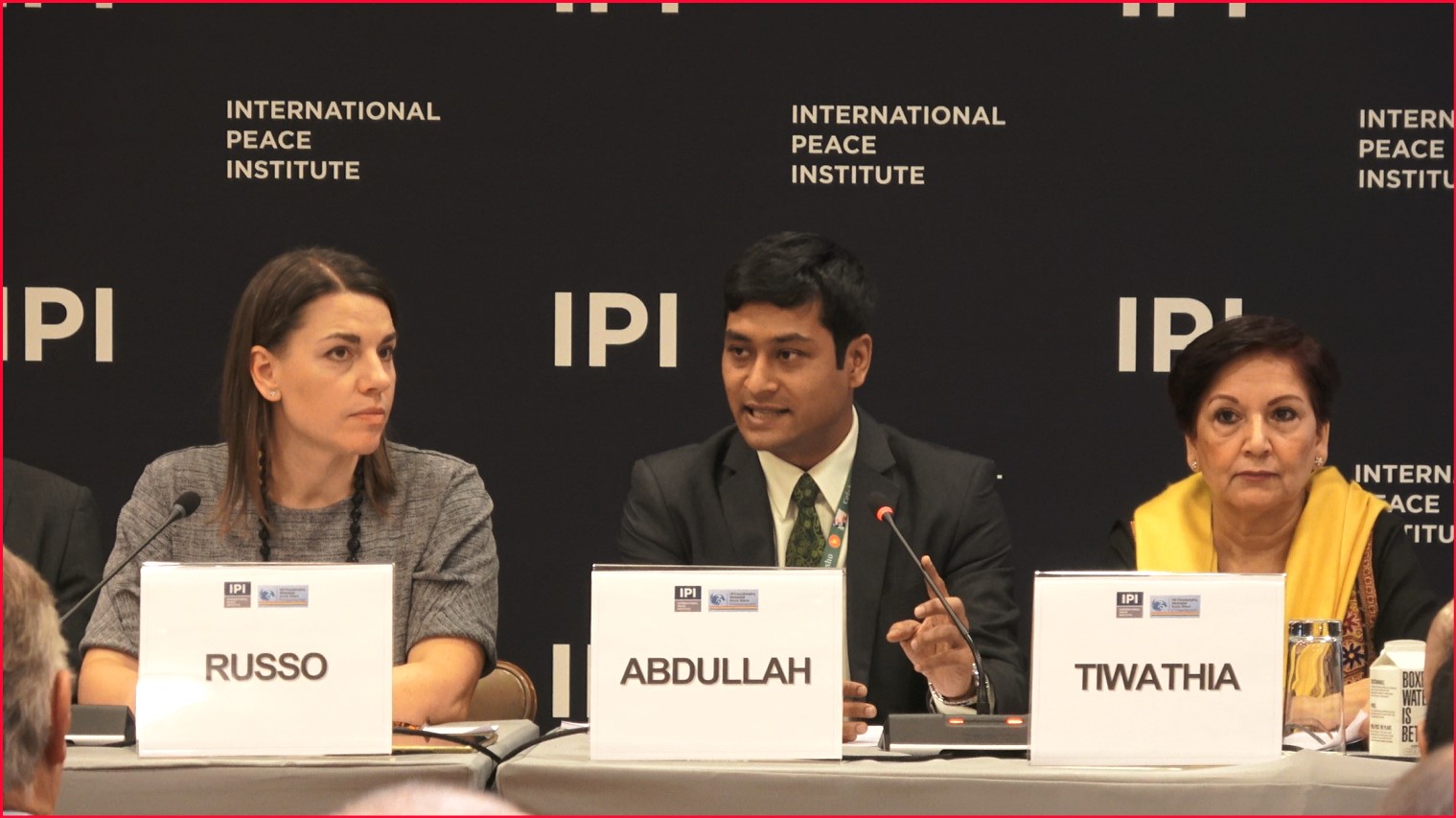
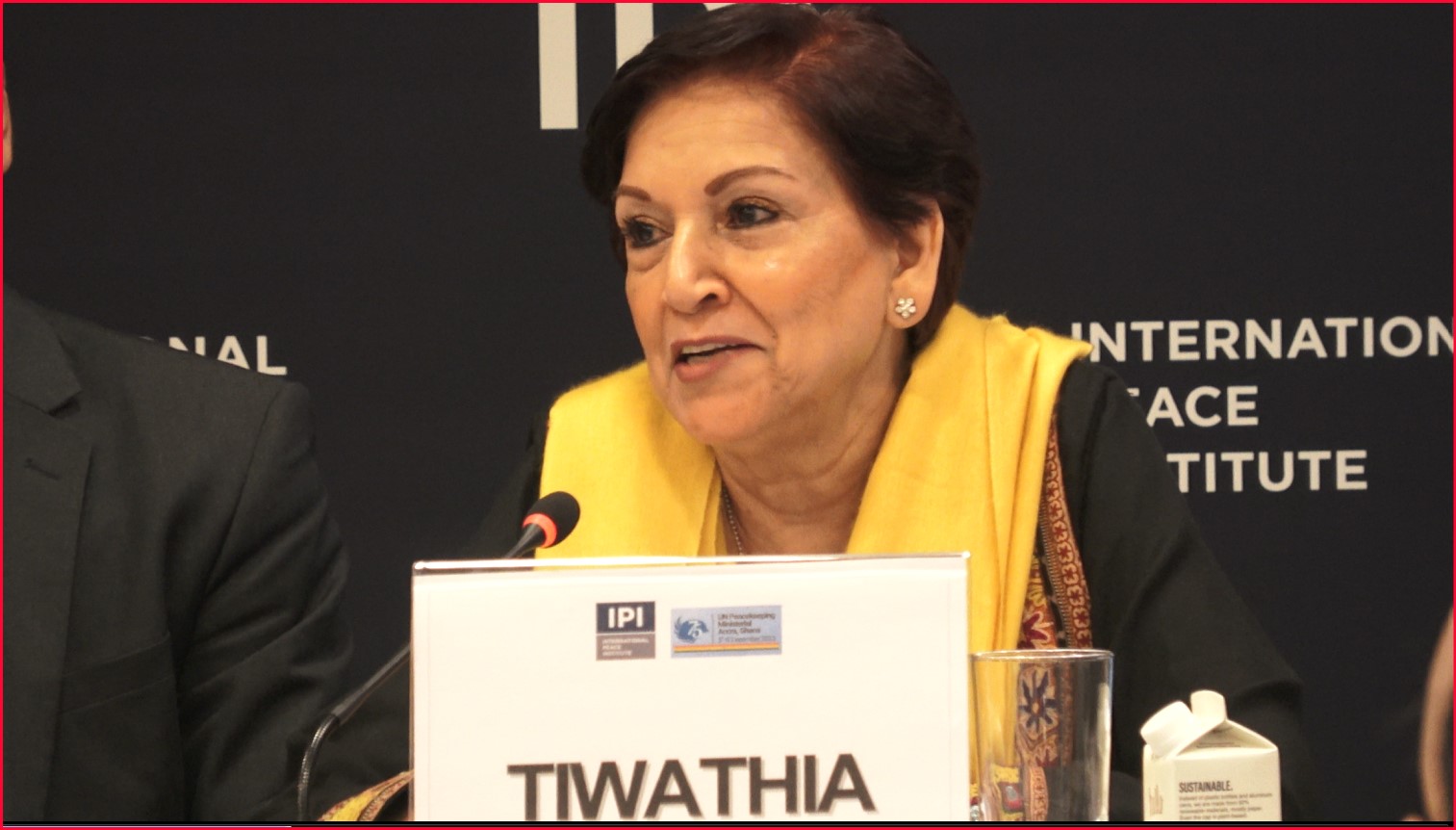
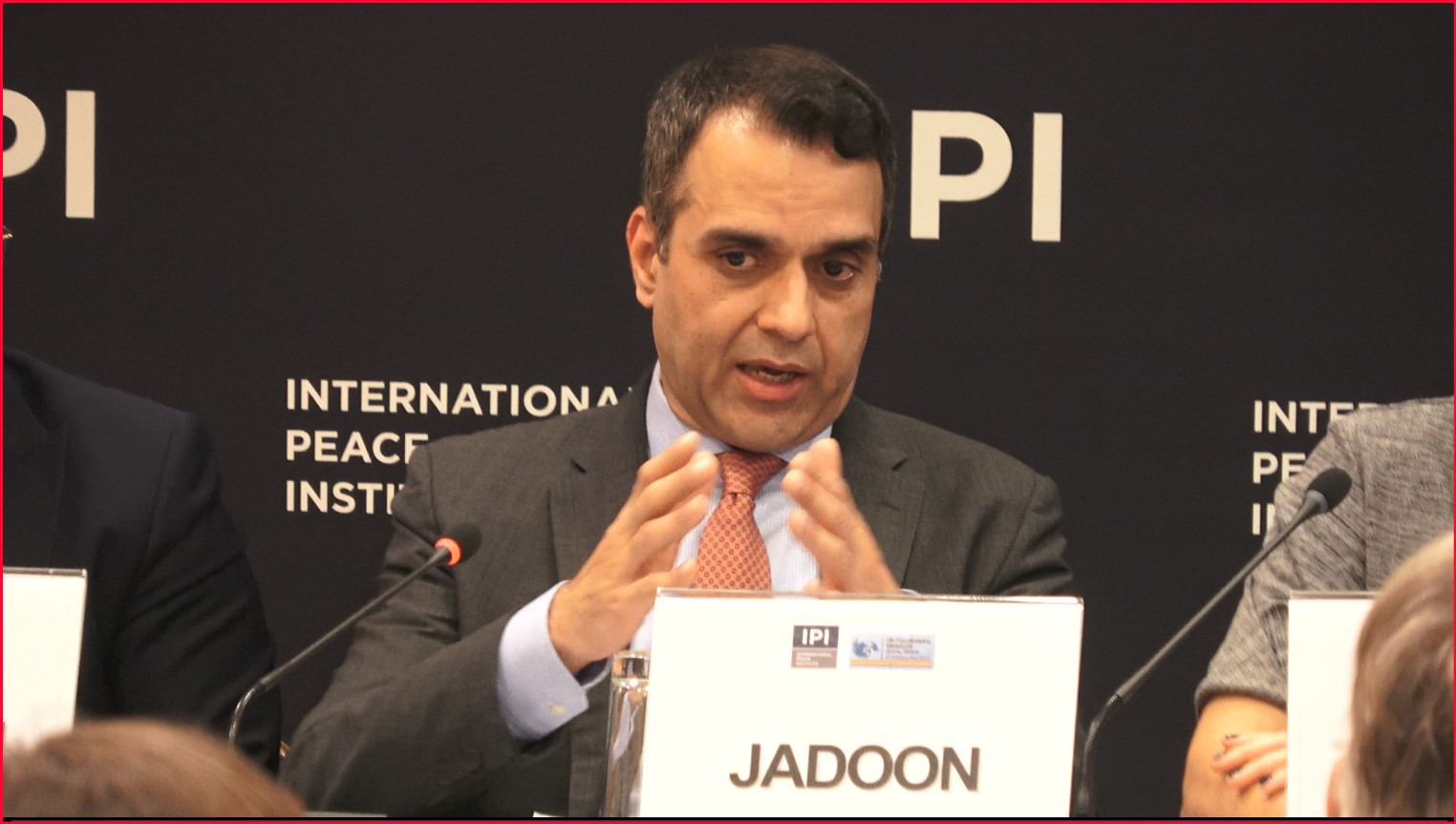
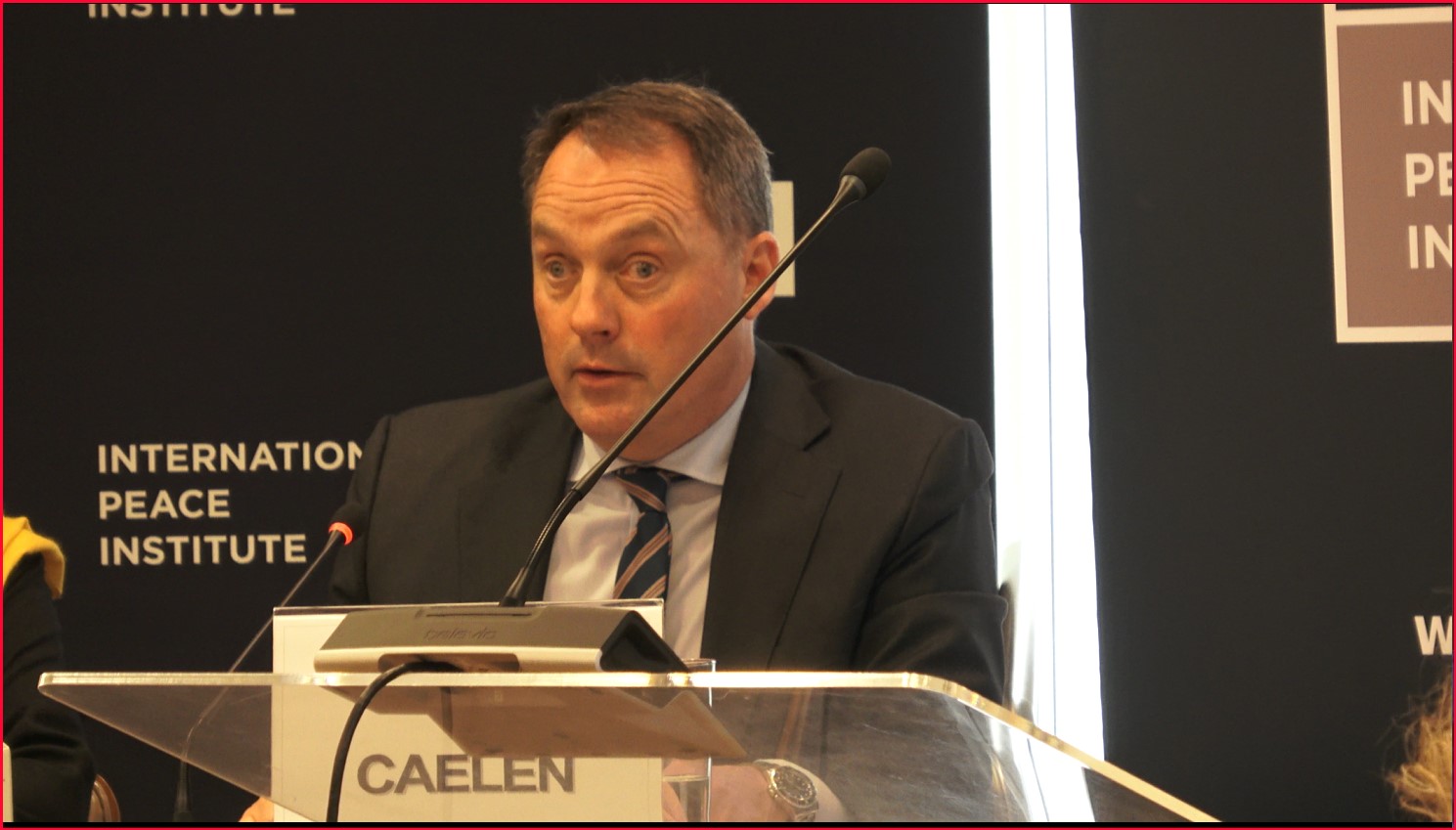
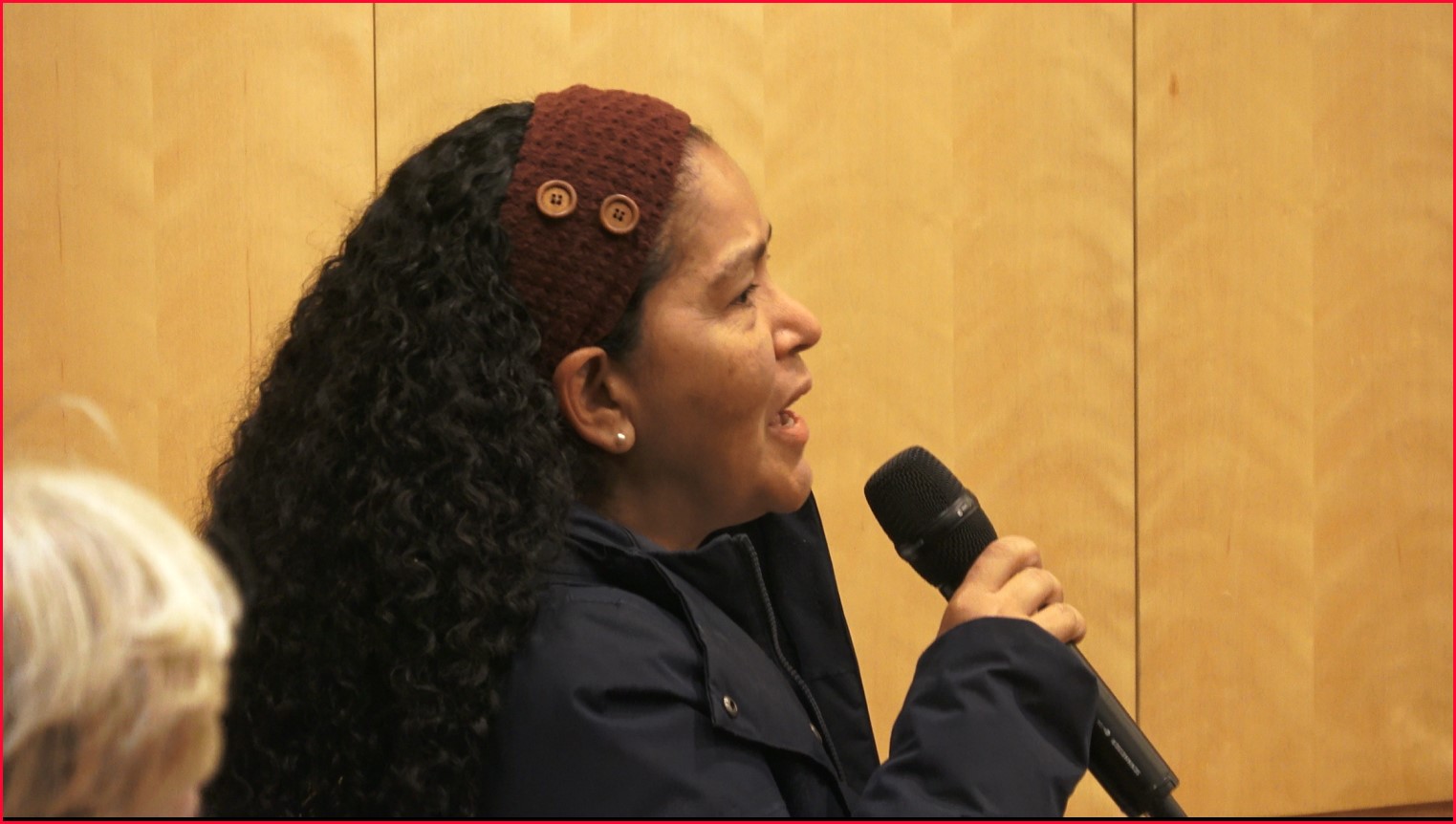
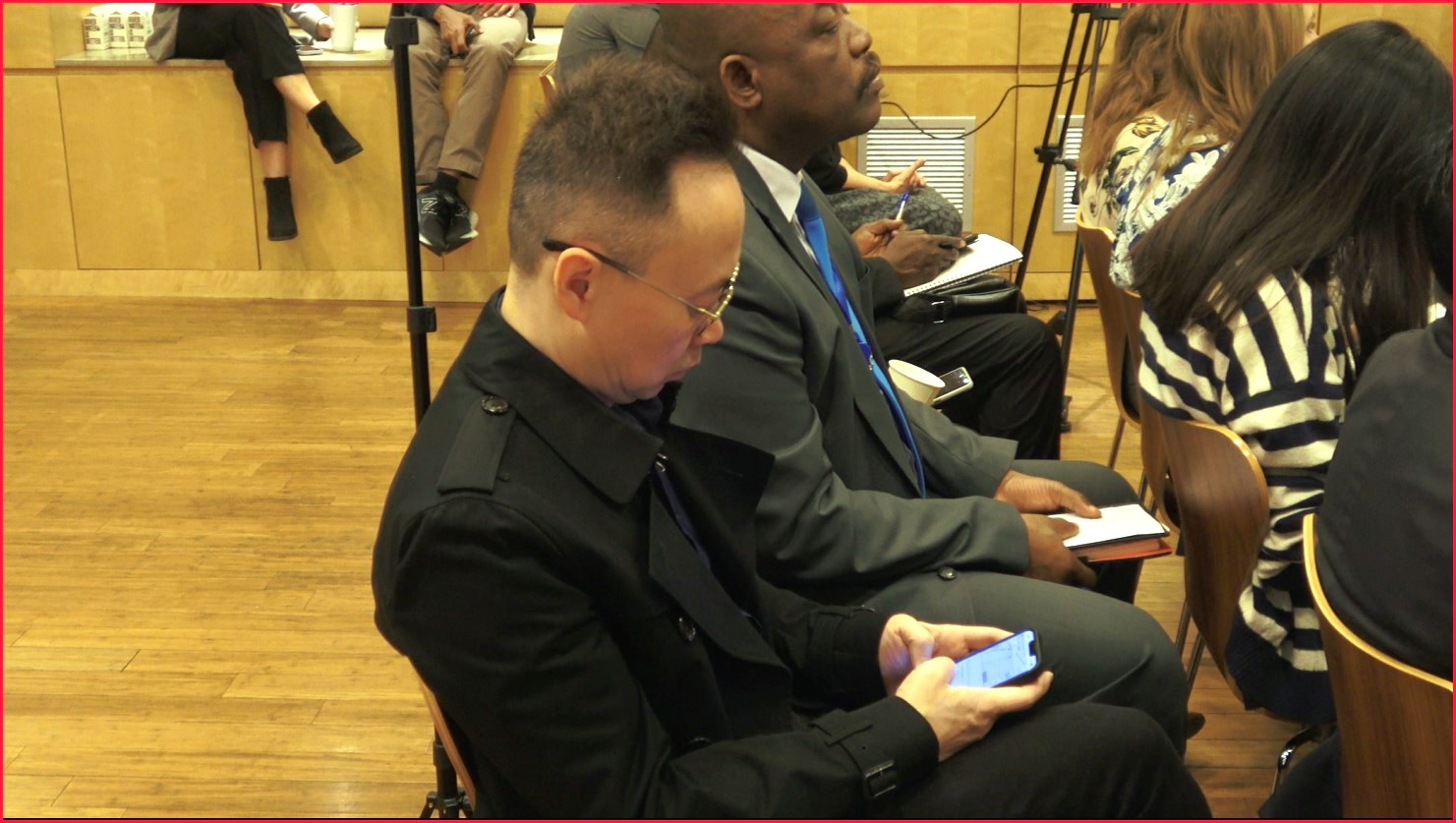
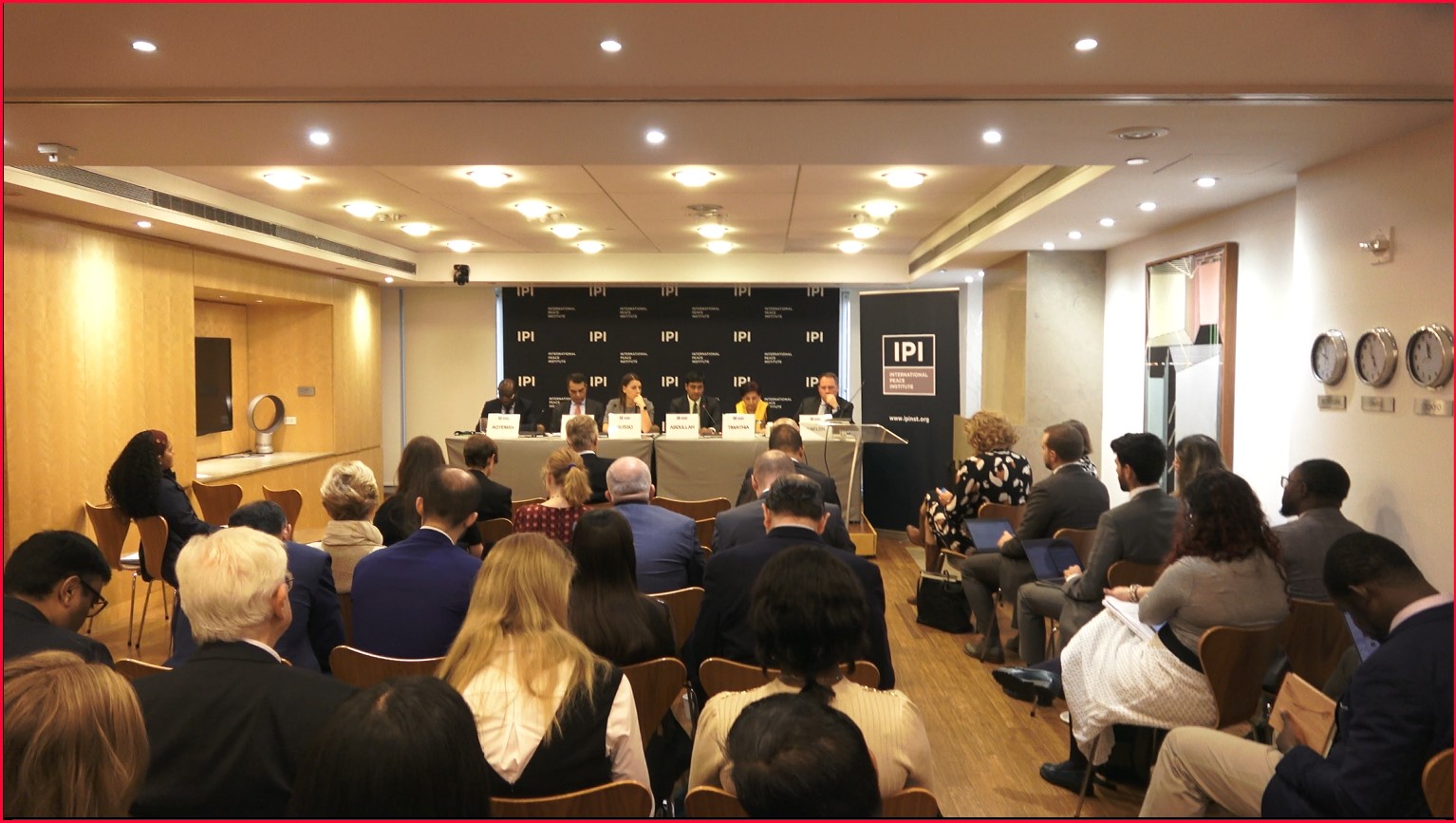
 UN Photo/Eskinder Debebe General Assembly meets on question of equitable representation and increase in membership of Security Council.
UN Photo/Eskinder Debebe General Assembly meets on question of equitable representation and increase in membership of Security Council.
 © UNRWA/Fadi El Tayyar UNRWA flag-lowering ceremony at the UNRWA Lebanon Field Office in Beirut.
© UNRWA/Fadi El Tayyar UNRWA flag-lowering ceremony at the UNRWA Lebanon Field Office in Beirut.